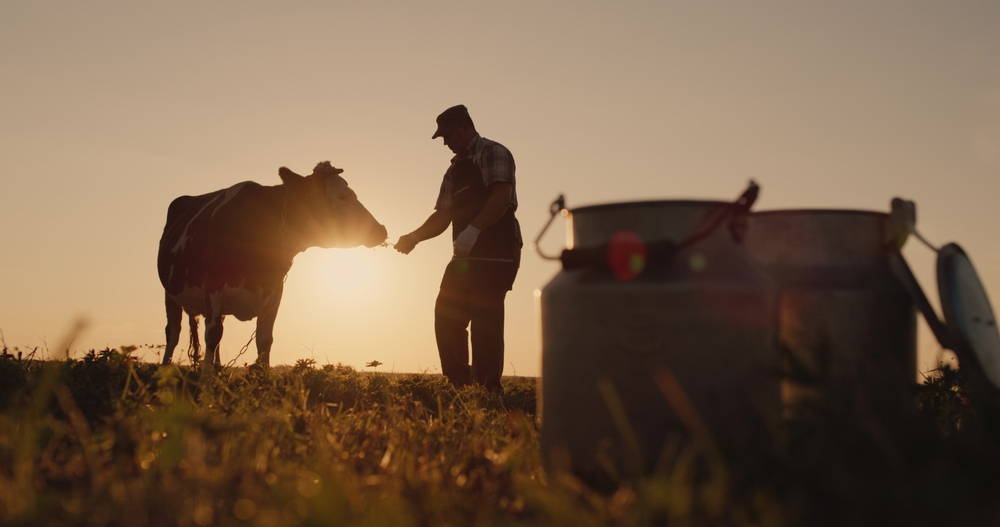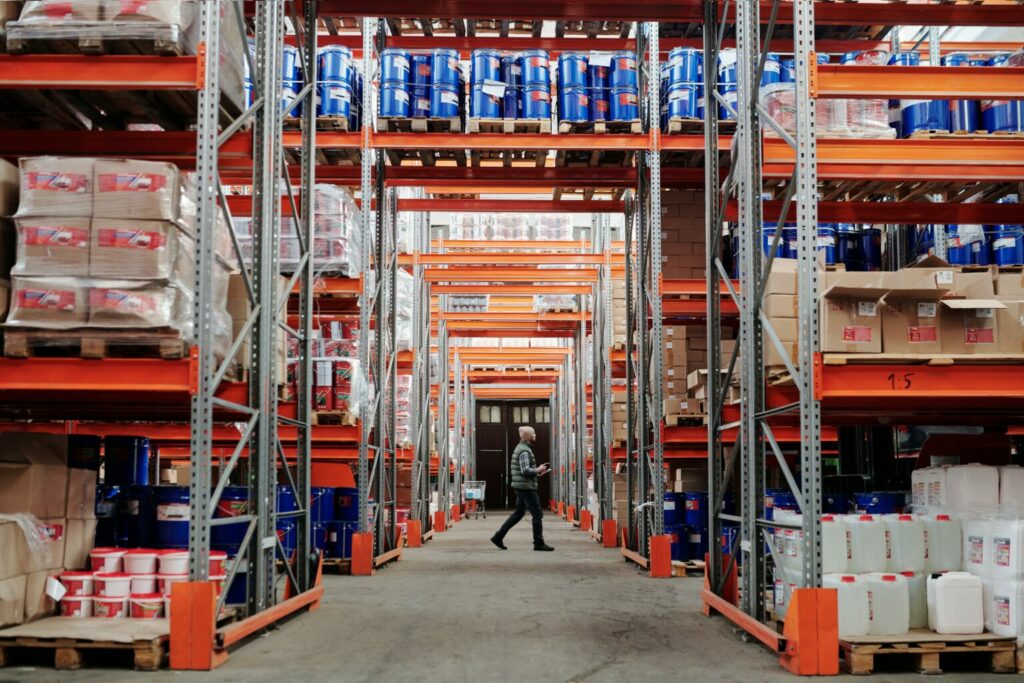Farming families control a significant asset and managing their tax liability is essential to maximizing the yield and value of the property.
To assist in identifying pertinent opportunities for discussion with your Perth tax consultant, we have compiled a list of tax regulations farmers should consider for tax planning this year.
Although some applicable tax benefits extend to business taxpayers at large, several tax concessions are exclusively accessible to farmers and agribusinesses.
Top of Form
Primary production assets
Assets related to farming qualify for immediate tax deduction claims. These assets include:
- Water facilities such as dams, tanks, tank stands, bores, wells, irrigation channels, pipes, pumps, water towers, and windmills.
- Fencing assets.
- Fodder storage assets like silos, tanks, bins, sheds, and above-ground bunkers are utilised for storing grain and other animal feed.
- Landcare operations, encompassing activities such as erecting fencing to segregate degraded land, constructing levees, implementing drainage works primarily for salinity control or drainage assistance, and operations primarily focused on eradicating or exterminating animal pests or detrimental plant growth from the land.
Horticultural plants
Deductible costs associated with establishing horticultural plants can be spread over their effective lifespan. The entire establishment costs can be deducted immediately if this lifespan is less than three years. Otherwise, the costs can be written off over the maximum period specified by the Commissioner.
For capital expenditure related to connecting or upgrading mains electricity to business-operated land or installing/extending telephone lines on land used for primary production, you may claim deductions over a ten-year period.
Discretionary Trusts
When your farm business operates within a trust structure, it’s vital to draft a trustee resolution for income distribution to beneficiaries before the deadline of 30 June 2024 (or any earlier date stipulated by the Trust Deed). Neglecting this step could lead to profit taxation at the highest marginal tax rate. Collaborating with your tax consultant for tax planning well before 30 June is advisable to ensure the resolution incorporates tax-effective strategies.
Income Averaging
Income averaging helps farmers and pastoralists manage the volatility of seasons. Without income averaging the tax liability in good harvest years is unfairly high.
For example – A farming family
A farming partnership has four years of trade where the four members of the family partnership generate no income (so a break-even position).
The farm generated $2m of taxable income in the fifth year. Without income averaging, the family would incur a tax liability of $822,668. With an average income, the family would incur a tax liability of $499,340.
For example – a manufacturing business
A business family partnership generated $400,000 annually for the four family members over five years.
So, the total net income earned over 5-years is $2m. The total tax paid over the 5 years by all family members is $499,340
If your yearly income exceeds the average, you’ll receive a tax offset to reduce your tax burden. So, if your income falls below the average, you may owe extra tax. You can exit the averaging system for up to ten income years. However, this election is irreversible, and re-entry into the averaging system isn’t possible until the eleventh year.
Primary producers can opt for the income tax averaging regime, designed to even out income and tax liabilities over a maximum period of five years. Fluctuations in income, such as sudden spikes or declines due to factors like price fluctuations, natural disasters, or shifts in demand, can be managed through this system.
Farm Management Deposits
A Farm Management Deposit (FMD) serves as a tool to manage seasonal fluctuations by allowing income to be shifted from prosperous years to challenging ones.
To qualify for a deduction for an FMD deposit, the following criteria must be met:
- You must be an individual, including a partnership partner or a trust beneficiary.
- You must be actively engaged in farming at the time of deposit.
- Your taxable non-primary production income for the income year in which the deposit is made must not exceed $100,000.
- The deposit must be a minimum of $1,000.
- The total amount held in FMDs must not exceed $800,000.
The deposited amount must remain in the FMD account for at least 12 months. Withdrawals before this period will result in the previously claimed deduction being included in your assessable income for the year of withdrawal.
A provision allows for early withdrawal within 12 months in case of natural disasters or severe rainfall deficiencies. Although the withdrawn amount remains assessable income in the year of withdrawal, the earlier deduction is not lost. For further details on applying for this concession, consult your tax consultant.
Non-Commercial Losses
The non-commercial loss provisions restrict individuals from offsetting losses from a business activity against other income earned in the same income year unless one of the following four tests is met:
Assessable Income Test: The activity’s assessable annual income must be at least $20,000.
Profits Test: The activity must have generated a profit in at least three of the last five income years, including the current year.
Real Property Test: The total reduced cost bases of real property or interests in real property continually used in the activity must amount to at least $500,000.
Other Assets Test: The total value of assets (excluding motor vehicles) continually used in the activity must be at least $100,000.
An exception is granted for primary production and professional arts businesses if assessable income from other unrelated sources is less than $40,000, excluding net capital gains.
Individuals with an adjusted taxable income of $250,000 or more generally cannot offset losses from non-commercial activities against other income. However, you may request the Commissioner’s discretion to claim the loss under particular circumstances.
Small Business Capital Gains Tax Concessions
A capital gain from selling an asset used in business operations may enjoy a reduced capital gains tax liability. Among these conditions, one entry requirement is being classified as a CGT small business entity (with an aggregated turnover less than $2 million) or meeting the maximum net asset value test (possessing an aggregated value of net assets under $6 million). The available concessions comprise:
- Small business 15-year exemption.
- Small business 50% reduction.
- Small business retirement exemption.
- Small business roll-over.
These CGT concessions are highly valuable but intricate to grasp and apply accurately. To ascertain your eligibility, consult your tax consultant before engaging in any contracts for selling a business, farmland, or other business assets.
For some farmers the $2m turnover test is vital as the property is often worth more than $6m.
Fuel Tax Credits
Fuel tax credits (FTCs) in Australia are a form of refundable tax credit designed to offset the excise or customs duty paid on fuel used in eligible business activities. The Australian Taxation Office (ATO) administers this program.
FTCs are available to businesses that use fuel in machinery, plant, equipment, or heavy vehicles for eligible purposes, such as construction, mining, manufacturing, agriculture, and forestry. The credits are intended to reduce the cost of fuel for these businesses, which helps support economic activity and productivity.
To claim FTCs, businesses must meet specific criteria, including registering for the fuel tax credits program with the ATO, having an Australian business number (ABN), and keeping accurate records of fuel purchases and usage.
The amount of credit that can be claimed varies depending on the type of fuel, its use, and the activity it’s used for. Businesses can calculate their FTC entitlements using the applicable fuel tax rates provided by the ATO.
Overall, fuel tax credits provide businesses with financial relief by partially refunding the tax on fuel used for eligible activities and lowering operating costs.
The following activities, if conducted on an agricultural property, are also considered eligible:
- Drilling bores
- Constructing or maintaining firebreaks
- Installing fencing
- Implementing frost abatement measures
- Managing weeds, pests, or diseases
- Constructing or maintaining sheds, pens, silos, silage pits, dams, water tanks, troughs, channels, irrigation systems, and drainage systems
- Planting and nurturing trees not intended for logging
- Building earthworks, including dams, levee banks, windbreaks, contour banking, or land levelling
- Undertaking soil and water conservation measures
- Engaging in activities such as milking, shearing, and mustering livestock
- Breeding animals for agricultural work purposes, like draught horses
- Breeding animals for livestock-related activities, such as stock horses or working dogs
- Baling hay on the agricultural property where the hay was harvested
- Conducting service, maintenance, and repair tasks on business vehicles or equipment
- Storing or packaging produce
- Preventing deterioration of produce
- Managing waste disposal from agricultural activities.
Stamp duty
In Western Australia, transferring a family farm as part of a succession plan can also enjoy stamp duty exemptions.
Land tax
When farmers undertake land tax planning for their Perth properties and broader farming properties, their WA Office of State Revenue exempts agricultural land from land tax.
Conclusion
The operation of a farm involves a significant amount of money. With complex and volatile trading conditions, farming families are under more pressure to manage their assets and the resultant income tax liability. At Westcourt, we are a natural choice to help farmers manage their properties and broader investments. Our single focus on families in business, our proven technical expertise in taxation, our independent advice approach and our deep global network through GGI give us a unique place in Perth when it comes to helping farmers – so why not call us today?






